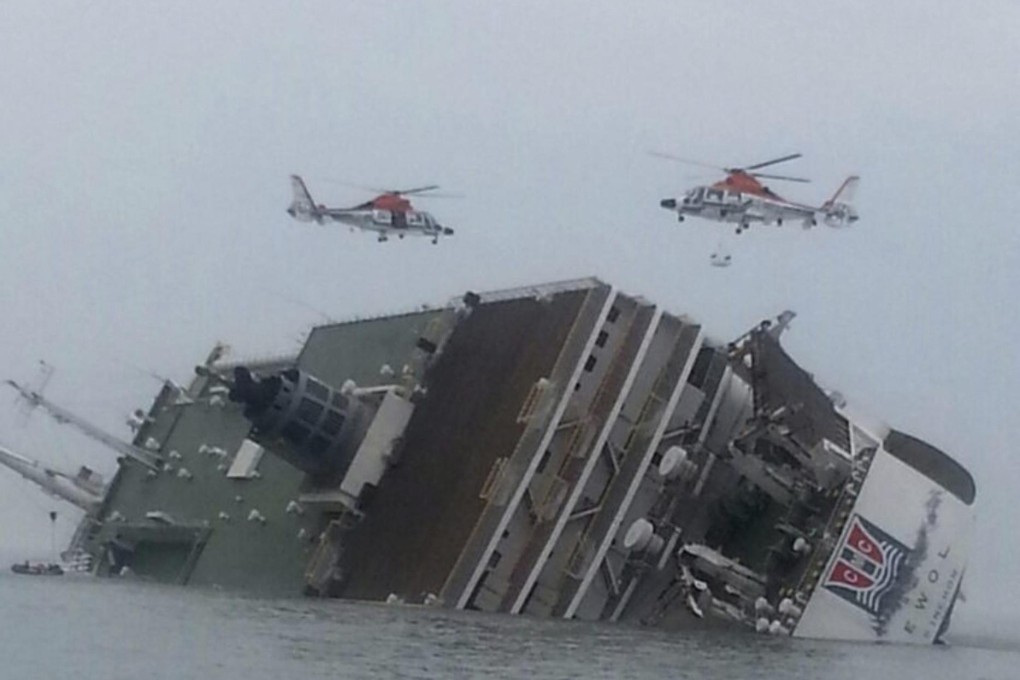
A film festival is much more than just a place to watch movies. The latest edition of the Busan International Film Festival (BIFF), which ran from October 2-11, was a reminder of that fact. South Korea and its port city of Busan take an obvious pride in the annual event, which has grown by leaps and bounds since its launch in 1996. Now it not only serves as a film lover's dream weekend, but also a place where industry trends, economics, culture and politics collide.
This year, political controversy raised its head even before the festival began. In September, BIFF unveiled its 2014 programme of 312 films, including local documentary The Truth Shall Not Sink with Sewol. The work is a strong critique of the South Korean government's response to the Sewol Ferry disaster in April that left approximately 300 dead. Its inclusion in the programme raised protests from conservatives, some victims' families, and also from newly elected Busan mayor Seo Byung-soo, who serves as the festival's chairman.
When Seo called publicly for the festival to revoke the film's invitation, BIFF organisers faced a dilemma. The city of Busan is the festival's biggest sponsor, and a smooth relationship with past mayors has been key to the stability the festival has enjoyed over the years. However, not once in its 19-year history had the festival cancelled a screening as the result of political pressure.
Not wishing to start a precedent, festival director Lee Yong-kwan announced screenings would go ahead as planned. In the tense situation that followed, the first screening of the documentary became the subject of a media frenzy. While noting a number of flaws, some related to its rushed production schedule, trade magazine Variety praised the film for bringing "impressive urgency and plenty of outrage to bear on a tragedy that will demand continued scrutiny in years to come".
Directors Lee Sang-ho and Ahn Hae-ryong are now trying to secure a domestic release. Whether BIFF will experience fallout from its decision to push ahead with the screening remains to be seen.
There was much more for professionals: the festival encompasses the Asian Film Market, a three-week-long Asian Film Academy which provides mentoring for young directors, the BIFF Conference & Forum for local and visiting academics, and an Asian Film Policy Forum.